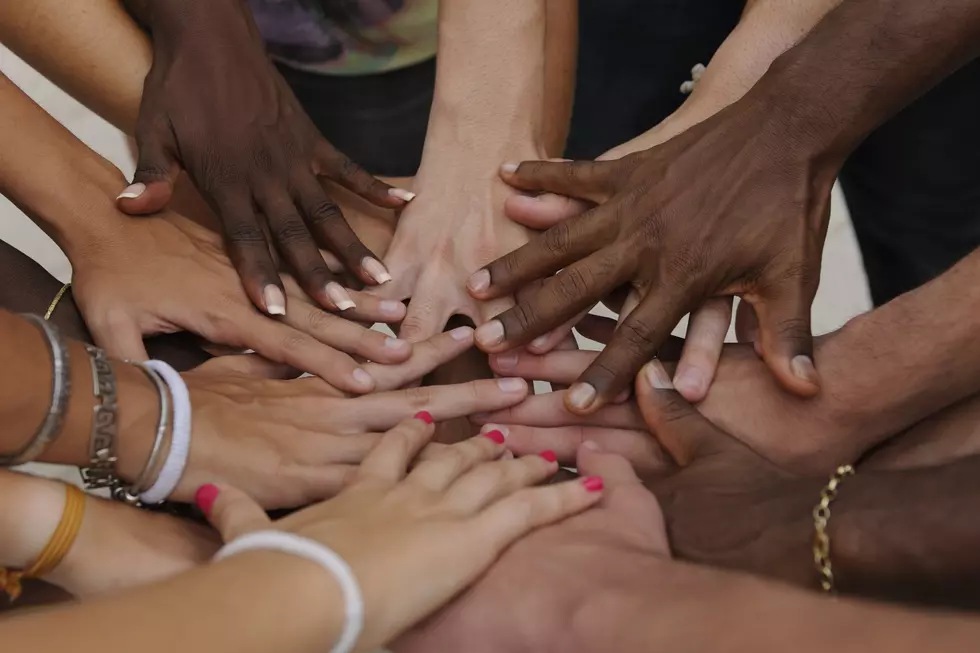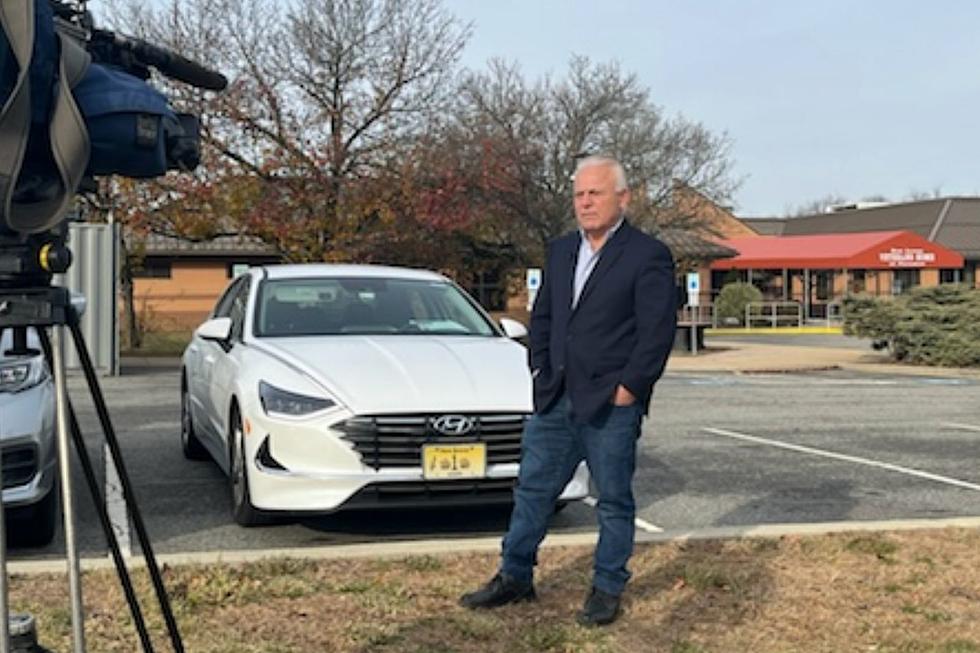
New Jersey is becoming more diverse
New Jersey is already one of the most diverse states in the nation, but in the coming decades it's projected to become a lot more varied when it comes to the nationalities of Garden State residents.
Data from ProximityOne shows that a generation from now, about 25 percent of the Garden State population will be Latino, and by the year 2060, the Asian population will increase tenfold, from about 100,000 to more than one million.
According to Rutgers University Sociology Professor Dr. Deborah Carr, diversity enriches our state, even though some believe it poses a threat.
"This fear of immigrants dates back well over 100 years when Italian, Russian and Irish immigrants were portrayed as 'not American,' and subject to the same portrayals and discrimination that we see Asians, Latinos and Africans experiencing today," Carr said.
She said immigrants have distinct skill sets.
"Many of them are coming here with advanced degrees," she said. "Others are doing lower level jobs such as gardening or food service, but they're playing a very critical role in our society."
Carr also said we should celebrate the fact that "anyone who lives here is a New Jerseyan, and it really doesn't matter where they're born, once they arrive here they're sending their children to school and going to work and being productive citizens."
According to Carr, society tends to view immigrants as impoverished and living in cities, but that's not entirely accurate.
"We often think of immigration as being poor and in urban areas, but that's not actually the case, part of the reason why we see so many Blacks, Latinos and Asians in New Jersey is that these are upwardly mobile individuals. They're achieving the American dream by buying homes in the suburbs so their children can go to good public schools and have a chance in life," Carr said.
She said the languages they speak or the food they eat may be different, but at the end of the day "the vast majority are hard working tax paying citizens of the state of New Jersey, just as are the native born New Jersey residents. One way to look at the immigrant community is to view these people as just like you and me, they want to work, they want to care for their families."
Carr also said most immigrants want to learn English, but it's always easier to speak in your native tongue, and we need to remember most of us don't go outside our comfort level, so we shouldn't condemn immigrants for sometimes not speaking English.
More From New Jersey 101.5 FM









